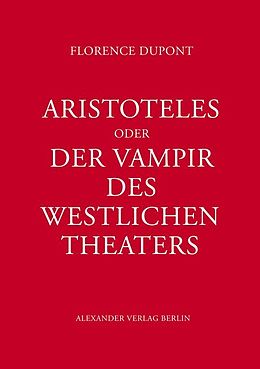The Aristotelian Poetics under the Microscope of Theater Theory
DOI:
https://doi.org/10.22029/ko.2019.253Abstract
Aristoteles oder der Vampir des westlichen Theaters, written by Florence Dupont, is a deconstruction of the Aristotelian Poetics. By analyzing examples from the broad reception history of the Poetics in theater theory, the author points out how it has wielded influence over more than five hundred years of theater history. She states that theater theory that refers to the Poetics has literalized and hence detheatricalized European theater. Aristotle invents a decontextualized theater which is mainly connected to a text-based approach. In doing so, he neglects the dimension of the Dionysiac ritual. His focus is directed towards the completion of mýthos through the structuring of mímēsis. Florence Dupont shows how this thinking has influenced theorists throughout the whole modern history of theater theory, including Brecht (who considers his own theory to be anti-Aristotelian). However, by also describing examples of non-Aristotelian theater, like the antique comedy of Plautus, which cannot be realized without the ongoing dialogue between actors/actresses and the audience, Dupont demonstrates that there is hope for a theater outside of the Aristotelian canon.
References

Downloads
Published
Issue
Section
License
All articles (not book covers) in KULT_online from issue 50 on are published under the license Creative Commons Attribution 4.0. All published articles may be reused under the conditions of the license, particularly for commercial purposes and through editing the article (Human-Readable Summary). All authors (have) permitted the publication under the above mentioned license. There is no copyright transfer towards KULT_online. For all book covers specific rights might be reserved, please contact the respective publisher for any lawful reuse. All contributions published in issue 1-49 of KULT_online are free available online and protected by the German Copyright Law.



